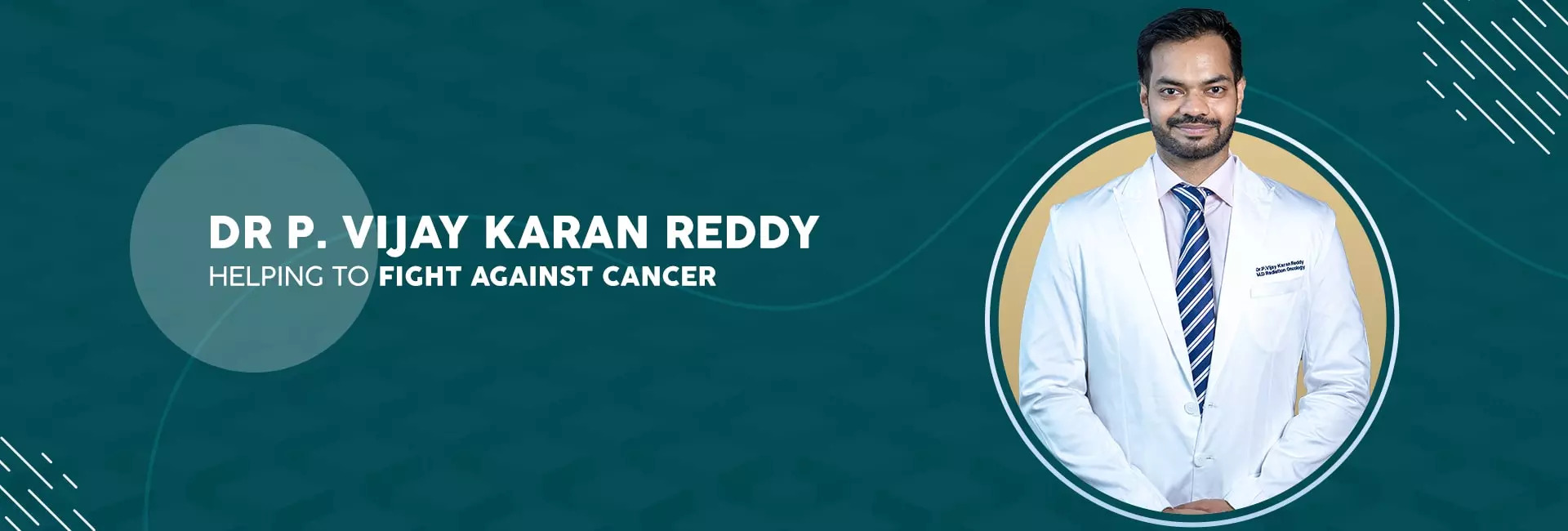Understanding Prostate Cancer
Prostate cancer affects millions of men worldwide, including many in India. It develops in the prostate gland, a small organ located below the bladder that produces seminal fluid, which nourishes and transports sperm during ejaculation. Despite its critical function in reproduction, the prostate can be susceptible to various health issues, with prostate cancer being one of the most concerning.
Role of the Prostate Gland

Seminal Fluid Production: The prostate produces a significant portion of seminal fluid, containing enzymes and nutrients essential for sperm health.
Muscle Control: Muscles in the prostate help propel seminal fluid during ejaculation.
Urethra Support: The prostate surrounds the urethra, controlling urine flow and ensuring that urine does not mix with semen during ejaculation. It also plays a vital role in maintaining urinary continence.
Prostate Cancer Development
Prostate cancer occurs when cells in the prostate gland grow uncontrollably, forming tumors. If left untreated, these tumors can spread to other parts of the body, such as the bones and lymph nodes, making the cancer more challenging to treat. The exact cause of prostate cancer is unclear, but factors such as age, family history, genetics, and hormonal imbalances are believed to contribute to its development. It is commonly diagnosed in men over the age of 50, with the risk increasing with age.
Symptoms of Prostate Cancer
In the early stages, prostate cancer may not cause noticeable symptoms. However, as the cancer progresses, it may lead to:
Frequent urination, especially at night.
Weak urine flow.
Difficulty starting and maintaining a steady stream of urine.
Blood in the urine or semen.
Pain or discomfort in the pelvic area or lower back.
Erectile dysfunction.
It is important to note that these symptoms can also be caused by non-cancerous conditions, such as an enlarged prostate (benign prostatic hyperplasia). Therefore, experiencing these symptoms does not necessarily mean one has prostate cancer. However, any persistent or concerning symptoms should prompt a visit to a uro oncologist for further evaluation.
Importance of Awareness and Early Detection
Understanding the prostate gland's role and recognizing the symptoms of prostate cancer are crucial steps in raising awareness about the disease. Early detection through regular screenings is essential for effective treatment and improved outcomes. Regular screenings can help detect prostate cancer at an early stage when it is more manageable and treatable.
Prostate Cancer Treatment Options
Treatment for prostate cancer depends on various factors, including the stage of cancer, the patient’s age, overall health, and personal preferences. Common treatment options include:
Active Surveillance: Monitoring the cancer closely without immediate treatment, suitable for slow-growing cancers.
Surgery: Removing the prostate gland (prostatectomy) for localized cancer.
Radiation Therapy: Using high-energy rays to target and kill cancer cells.
Hormone Therapy: Reducing or blocking hormones that fuel cancer growth.
Chemotherapy: Using drugs to kill rapidly growing cancer cells.
Targeted Therapy: Focusing on specific abnormalities within cancer cells.
Living with Prostate Cancer
Living with prostate cancer can be challenging, but support is available. Joining support groups and seeking counseling can help patients and their families cope with the emotional and psychological aspects of the disease. Maintaining a healthy lifestyle, including a balanced diet and regular exercise, can also contribute to better outcomes and overall well-being.
Conclusion
Prostate cancer is a serious condition that requires attention and awareness. Dr. Vijay Karan Reddy emphasizes the importance of understanding the prostate gland's role, recognizing the symptoms of prostate cancer, and the need for early detection through regular screenings. By raising awareness and encouraging proactive health measures, we can improve the chances of effective treatment and enhance the quality of life for those affected by prostate cancer in India.
Prostate cancer awareness is not just about understanding the disease but also about taking actionable steps to ensure early detection and treatment. If you experience any symptoms or are at risk, consult with a Cancer Doctor in Hyderabad for appropriate screenings and advice.


